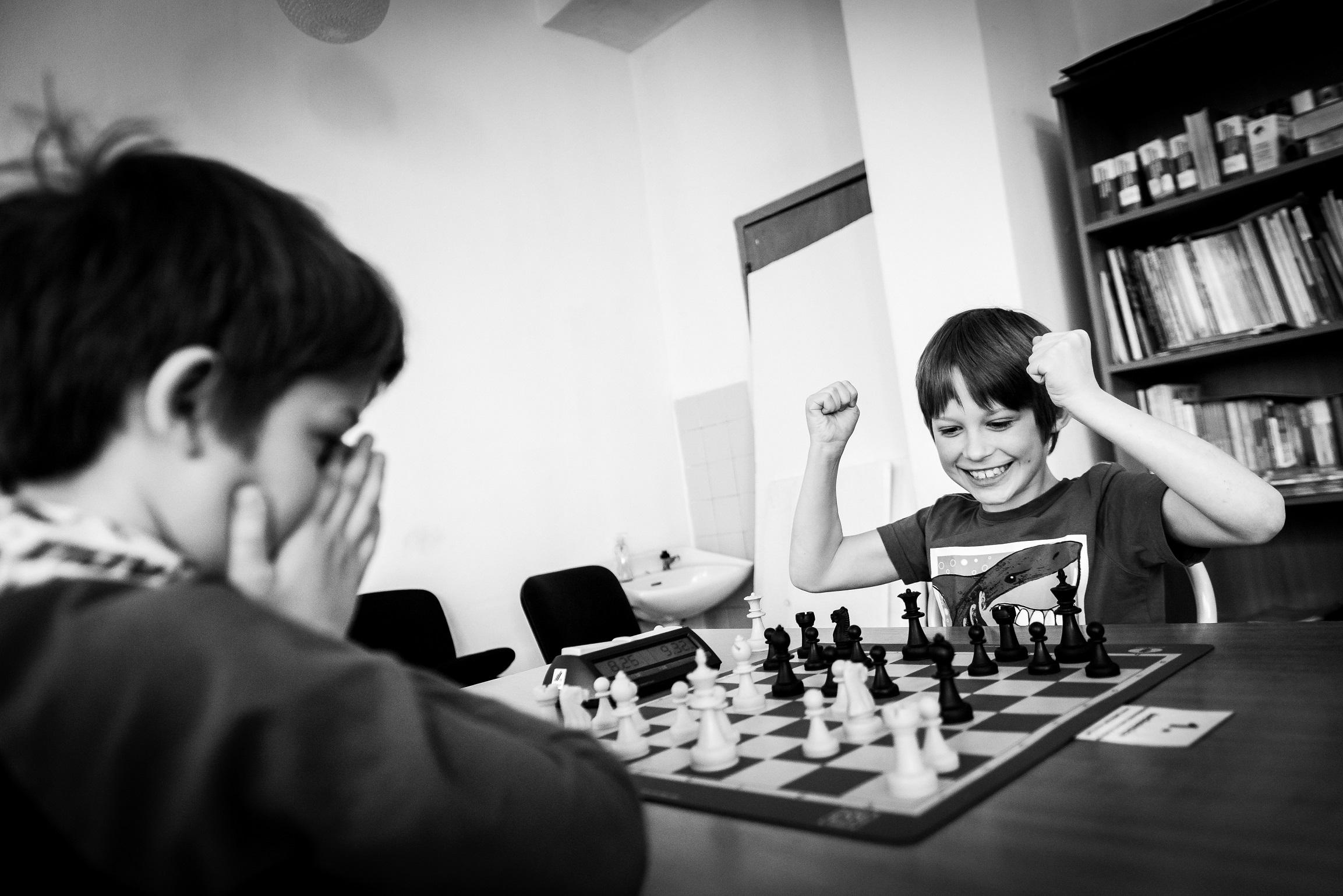


What Age Can My Kids Start Playing Chess?
4 September 2023
Chess is an excellent game for children to learn - it helps them develop critical thinking skills and teaches strategic planning. But it requires a certain amount of concentration, and if you try to teach kids before they're ready, they could be put off. So what is the right age to start? It depends on your child, but we’ve outlined some pointers below:
Have they shown an interest?
This is the most critical factor - if your child is not interested in playing chess, then there's no point in trying to force them. They're not going to enjoy the experience, and they're not likely to stick with it. However, if they have shown a genuine interest in the game, you should encourage them to pursue it. If you already play chess with an older sibling or other family member, it’s likely to arouse their natural curiosity and they might want to have a go.
Have they developed logical thinking?
The key to winning at chess is to make the best possible move based on the current situation on the board, and this requires logic. Your youngster may struggle if they are unable to reason clearly and connect causes to effects. Around the age of six or seven, logic typically begins to develop, and it can be improved with effort. If your kid understands fundamental mathematical concepts like addition and subtraction, they should be ready to tackle chess.
Can they sit still and focus?
Young kids can find it hard to sit still in one place and focus on a game, particularly one where they have to wait for their turn. If your child can't concentrate for more than a few minutes at a time, then they're probably not ready to start playing chess just yet. A game can last anywhere from a few minutes to several hours, so they must be able to stay focused. If they get bored or fidgety quickly, chess might not be the right kind of activity for them yet. You can still teach them some chess skills at home if they move around a lot or have difficulties sitting still, but they might not be ready for formal lessons or playing whole games just yet. You can help them to develop their focus by playing faster paced, simpler board games, like Snakes and Ladders or Ludo. This can also help them to understand that it’s ok to lose.
Ultimately you know your child and what they’re capable of, so you can use the points above as a guide to help you decide based on their personality and aptitudes. There’s no hurry - even if your child doesn't start playing chess until later in life, they can still learn and be successful. Chess is a mental activity, not a physical one, so once they learn they can keep playing for the rest of their lives.
Photo by Michal Vrba on Unsplash
